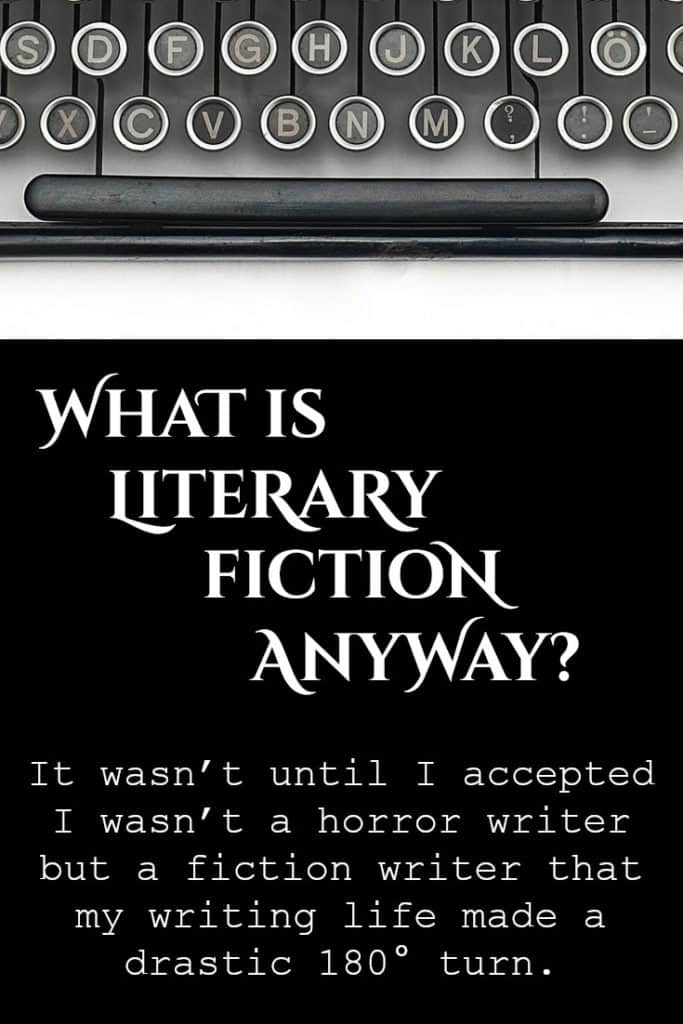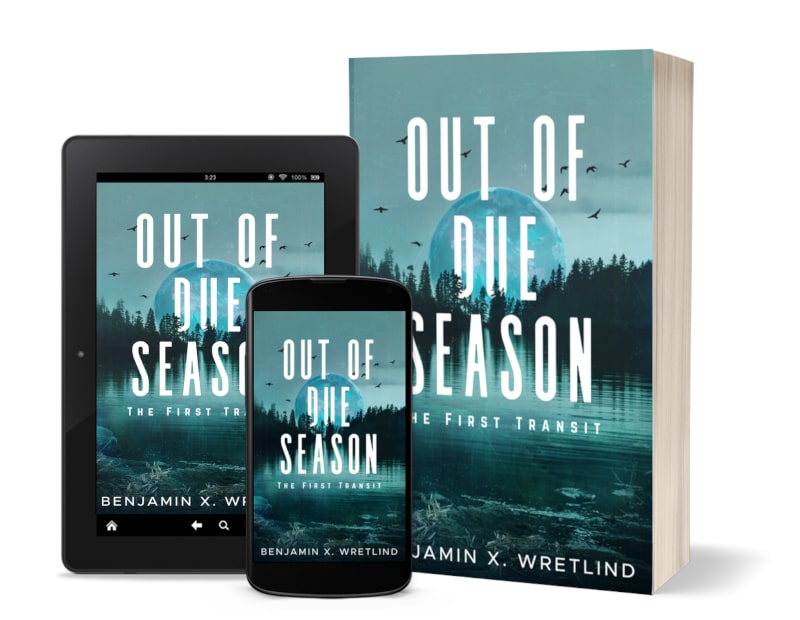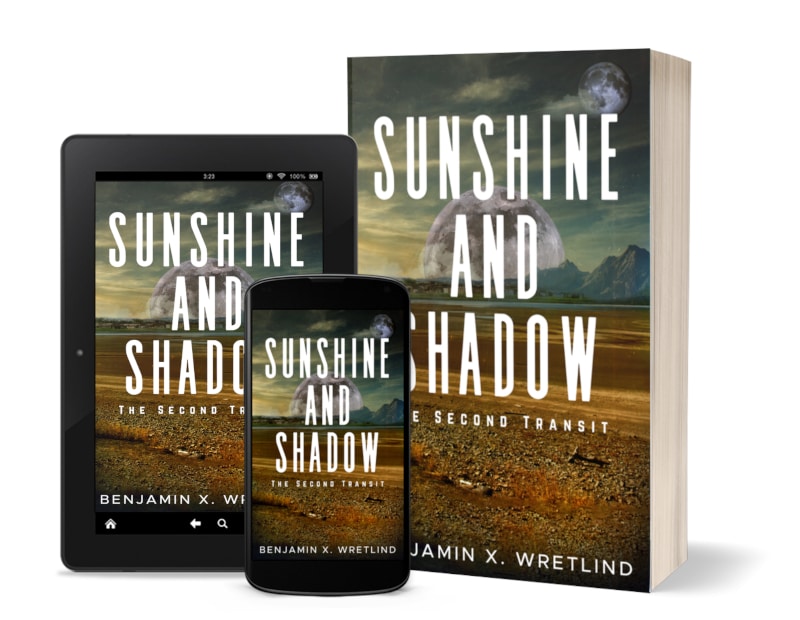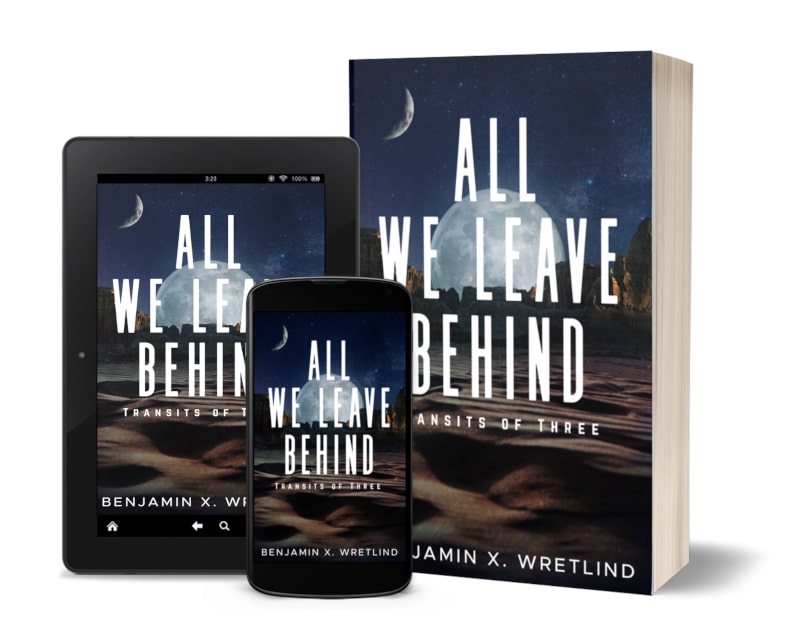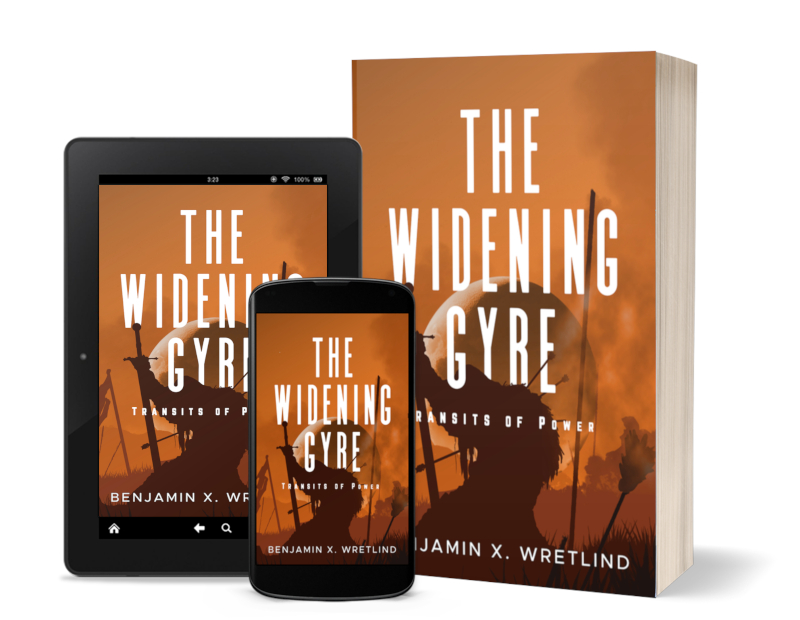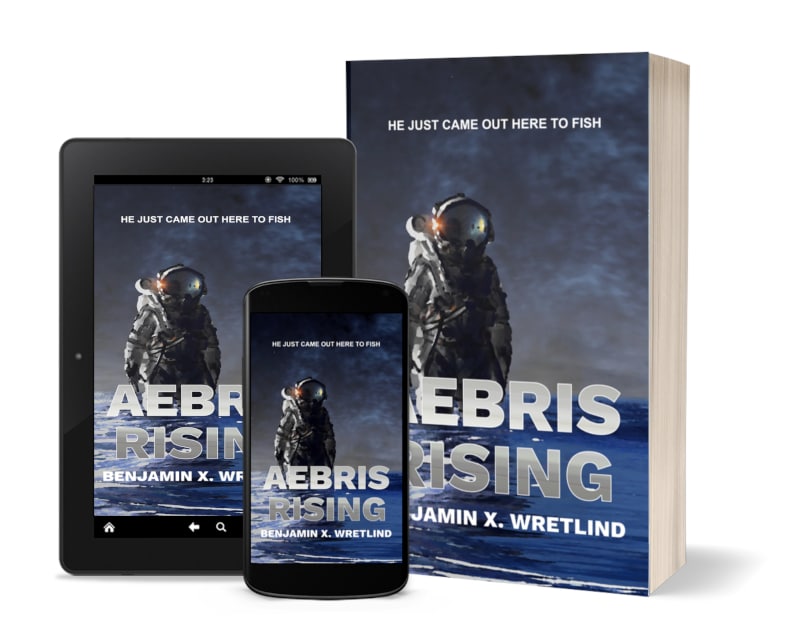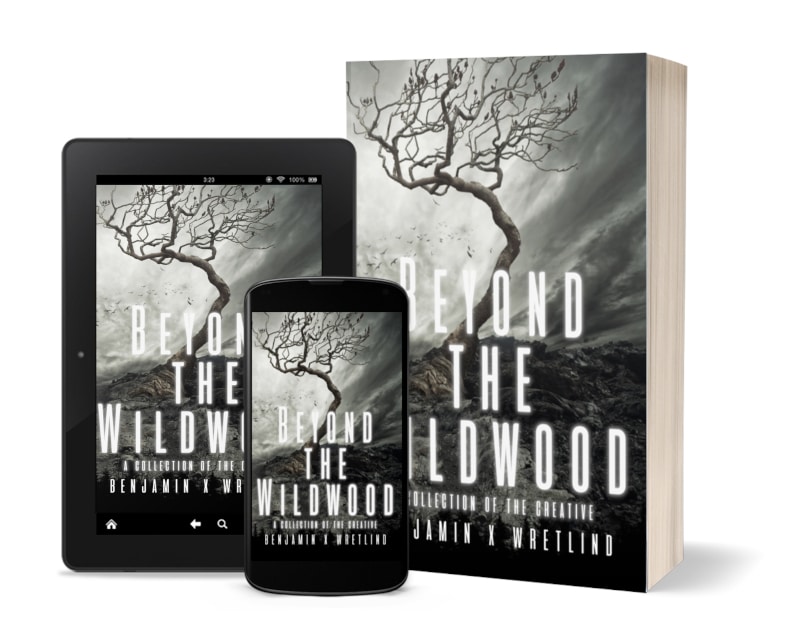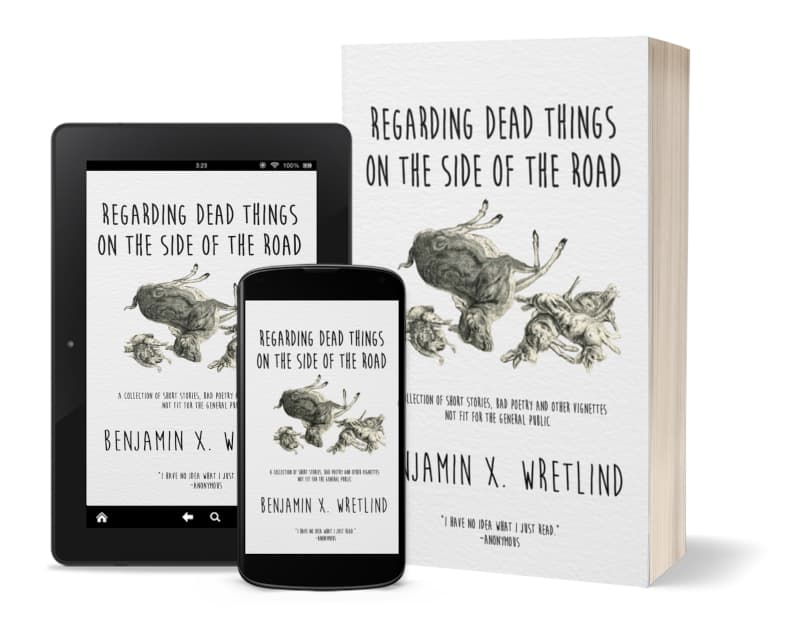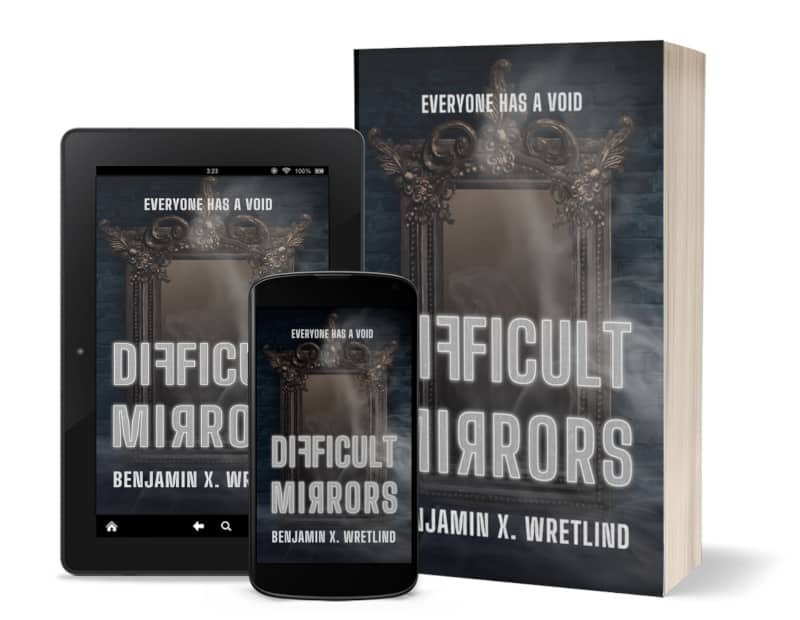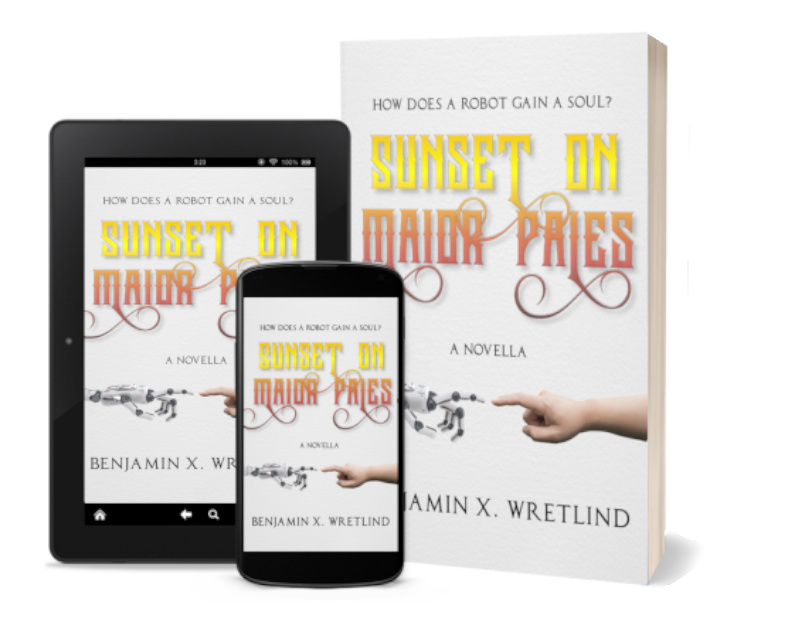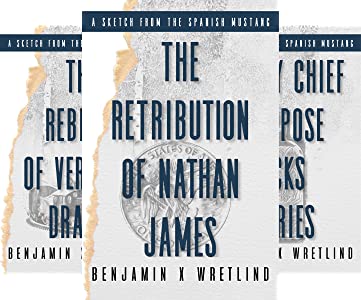What is Literary Fiction Really?
When I was wee lad (well, thirty-something), I had this idea I would be the next great horror writer. I did all things horror: wrote short stories, worked on novels, edited a horror magazine, read works by other horror authors, attempted to buy my way into horror conventions, collected horror action figures (they’re not dolls!), etc.
I was pretty good at getting involved in the horror scene. I even accepted as normal the massive hubris of some well-known horror writers out there.
However, while doing all the above, I found something in my writing: it’s not all horror.
This revelation in itself might not be cause for alarm. After all, if a piece of work is fantasy or speculative fiction, there’s no reason to go crying about things to your mom, is there? You can still write.
I didn’t think this way, of course. I didn’t go crying to my mom, but I did find myself in a bit of a depression. I was supposed to be the next Stephen King, the next Clive Barker, the next (insert your favorite horror author here). I was going to write and write until my fingers bled and then I was going to wear bandages and write more until I had written the penultimate horror novel that was sure to be the first blood-filled slasher to win the Pulitzer prize.
What happened, however, was the complete opposite: I stopped writing altogether. I left one novel in the middle and thought I would never look back.
I spent a while ruminating about my failure and then a good solid year evaluating what went wrong. I was sure I was meant to write horror. After all, the first story I ever wrote when I was 7 years old was horror. But if that was the case, how come all the story lines I could come up with were not horror-ific? I supposed I could just stick in a big, green monster to eat people, but that wouldn’t make sense.
It was odd. How could I go on?
It wasn’t until I accepted I wasn’t a horror writer but a fiction writer that my writing life made a drastic 180° turn. That was me: a fiction writer, living outside of one genre and willing to read anything and write anything.
Except romance. But I digress.
Since that revelation (if you could call it that…I mean, there weren’t any singing angels or anything), I’ve written a lot. I’ve also published a lot.
The first novel to come out and the first to be re-released by a publishing house was that one novel I abandoned years ago. I asked myself what horror was and decided it wasn’t about big, green monsters eating people (although that’s pretty neat); rather, horror was about making the reader uncomfortable. Castles is just that: a novel intended to make a reader squirm while debating character motivation. Is there really some paranormal type activity going on or is the character delusional? Can it be both or neither?
Castles is actually the only horror novel I have ever written, and looking at my list of future projects, the only one that will be in my bibliography for a long time. I don’t actually call it horror, though; to me, it’s literary horror or just plain Literary Fiction.
Whoa. Stop. Did I just say I think Castles is Literary Fiction?
If that’s the case, I have never written a horror novel.
The first novel I actually wrote (which is not the first novel to come out) was not horror. I had one reader comment that Difficult Mirrors falls into the magical realism category. Magical realism was not something I had considered in my “horror writing” days, but when I look back on my collection of those writings (Regarding Dead Things on the Side of the Road), I find that while I had written several stories that might be considered horror, most fall into the surrealist or magical realist categories.
Sketches from the Spanish Mustang is comprised of 7 separate character sketches set in and revolving around a fictional casino in the town of Cripple Creek, Colorado. None of those sketches are horror. Rather, they’re spread across a broad spectrum of genres, from that oddly familiar magical realism to the domestic (or family drama) to thriller to tragic romance. (See? I can write a romance!)
My latest project is a blend of genres such as thriller, political drama and science fiction.
Unless I add in a big, green monster to eat people.
And then I wouldn’t like it.
Neither would you.
What I’m saying, though, is this: Literary Fiction, which I would put almost all of my writing into, is not a genre. Literary Fiction is fiction and if you stay away from it, you’ll be missing out on quite a bit. Were it not for that label, applied in the 1960s to things that didn’t have a particular place and were meant to be “serious” and “lasting” fiction, we would probably read a bit more.
I once asked a few people what they thought of when they heard the term “literary fiction.” The responses I received ranged from “Vladimir Nabokov” to “classics, Dickens, Bronte” to “old stuff.” There’s a whole book of articles that could be written debunking the notion that Literary Fiction is just plotless words jotted down for the sake of being fancy.
Allow me then to propose my own definition of Literary Fiction: A kaleidoscopic of work that includes elements of romance, thriller, horror, science fiction, mystery, the American Western, etc. Literary Fiction is cross-genre. Literary Fiction is fiction, and we all need to stop lumping some of the best work out there into this category.
I walked into a Barnes & Noble the other day and looked for the “Literary Fiction” shelf. You know what? I couldn’t find it. It’s called “Fiction & Literature” and you’ll find anything from Nabakov to Dickens to James Rollins to Douglas Preston to Stephen King.
It makes sense, really.
Now we just need to get rid of that “Literary Fiction” shelf on Amazon.


